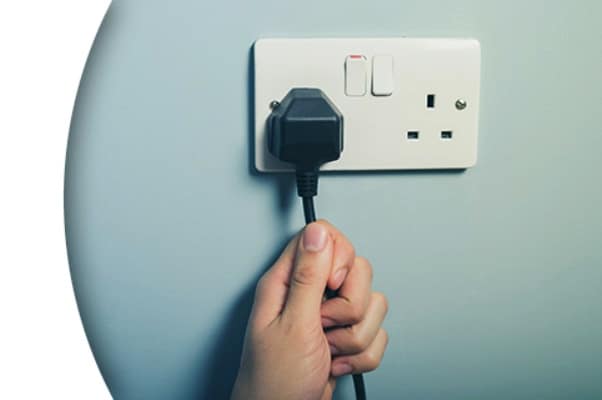
![]()
A €210m scheme has been approved by Cabinet to credit all domestic electricity customers with €100 in 2022.
Approximately 2.1 million domestic electricity account holders will benefit from the scheme for a one-off, exceptional payment to their electricity accounts.
This is one of a range of measures to mitigate the impact of rising energy costs.
The scheme will apply to all domestic accounts, including pay as you go customers.
The exact mechanism as to how the payment will be applied is currently being finalised and will be announced in the new year. However, it will be automatic and will apply to all customers. People will not need to apply for it.
Minister for the Environment, Climate and Communications, Eamon Ryan TD, said:
“The Government is very conscious that international energy prices are having a significant effect on utility bills. While we took measures in the Budget to support vulnerable groups, this credit is designed to provide all householders with a contribution to their electricity bills in the spring of 2022. In the long term, the way to reduce our dependence on internationally traded fossil fuels is to expand our own indigenous supply of renewable power. We are working towards having up to 80% of our electricity from renewables by 2030.”